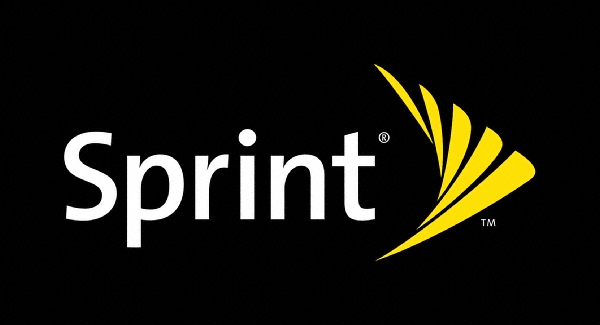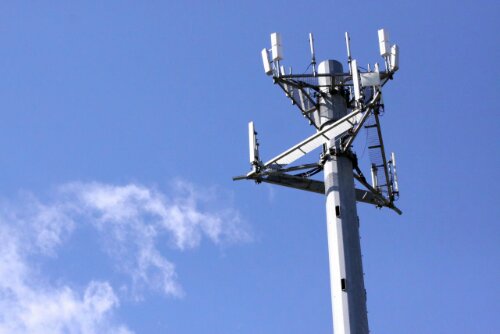The TDD spectrum in the 2.5 GHz band that Sprint acquired from Clearwire last summer is “a powerful resource for Sprint to catch up to its competitors” and can enable the United States’ third-largest mobile operator “to provide super high speed data connections,” according to a report from Strategy Analytics.
The report, written by Guang Yang, Strategy Analytics’ senior analyst for wireless networks and platforms, further notes that Sprint’s 2.5 GHz spectrum is key to enabling the operator to become the “king of data speed.”
In February, Sprint along with Nokia Solutions and Networks demonstrated that a single sector of a TD-LTE network can deliver data throughput of 2.6 Gbps. In the test, 120 MHz of Sprint’s 2.5 GHz TDD spectrum was aggregated to achieve what the companies claim is a TD-LTE speed record. Sprint has said it owns around 120 MHz of 2.5 GHz spectrum in 90 percent of the top 100 U.S. markets.
“Sprint plans to deploy 2×20 MHz carrier aggregation in 2014 and 3×20 MHz carrier aggregation by EOY 2015. This should help Sprint to build strong momentum as a future LTE-Advanced competitor,” said Strategy Analytics.
However, the research firm’s report may not have been issued at the most opportune time for Sprint. The FCC has been reviewing the spectrum screen it uses when assessing industry mergers and acquisitions and whether spectrum caps are needed in the upcoming 600 MHz auctions in order to equalize spectrum holdings among U.S. mobile operators.
In both cases, Sprint has contended that its vast holdings of 2.5 GHz BRS and EBS spectrum should be not be compared directly to lower band spectrum held by the nation’s two largest operators, AT&T Mobility and Verizon Wireless. For example, in February, Sprint proposed the FCC adopt a “weighted wireless broadband spectrum screen” that would accord perceived competitive advantages to spectrum under 1 GHz.
“It should surprise no one that this approach would basically relieve Sprint from almost any meaningful spectrum aggregation constraints while effectively foreclosing AT&T from acquiring additional spectrum it needs to meet customers’ needs,” wrote Joan Marsh, AT&T vice president of federal regulatory, in a blog post last week.
Similarly, in an ex parte filing with the FCC last week, Verizon wrote: “Despite having no factual basis for continuing to exclude the majority of the 2.5 GHz spectrum, Sprint continues to argue for its exclusion in large part because it controls almost all of it. As a result, Sprint has, on average, nearly twice as much spectrum as Verizon Wireless.”
Meanwhile, Strategy Analytics also heralded Sprint’s Spark program, which was launched in October 2013. The tri-band LTE service employs the operator’s FDD LTE network in its 800 MHz and 1.9 GHz spectrum and its TD-LTE network in its 2.5 GHz spectrum, aggregating TD-LTE carriers in the 2.5 GHz band to deliver 50-60 Mbps download data speeds. Sprint offers the technology in parts of 14 markets today and plans to bring the technology to the top 100 U.S. markets within three years. Sprint CEO Dan Hesse has said Sprint Spark could eventually offer real-world speeds of 150-180 Mbps.
According to Strategy Analytics: “The inherent tight interworking between LTE TDD and FDD enables Sprint to implement an integrated FDD/TDD network and to simultaneously provide both network coverage and capacity. LTE FDD at the lower frequency bands can provide nationwide coverage, while LTE TDD at the higher frequency band offers very high data speed throughput.”
In addition to supporting active handovers and session continuity between 800 MHz, 1900 MHz and 2.5 GHz bands, Sprint Spark could also enable more advanced functions, including support for real-time load balancing and traffic steering. “These two features would both increase the capacity of Sprint’s whole network and improve user experience over both FDD and TDD systems,” according to Strategy Analytics.
The research firm also recommended that operators worldwide look to Sprint Spark or the hybrid LTE network deployed in Japan by Sprint’s majority owner SoftBank for reference models “showing how to use TDD spectrum to complement LTE FDD by boosting data speed and capacity.”
Source: Fierce Wireless











